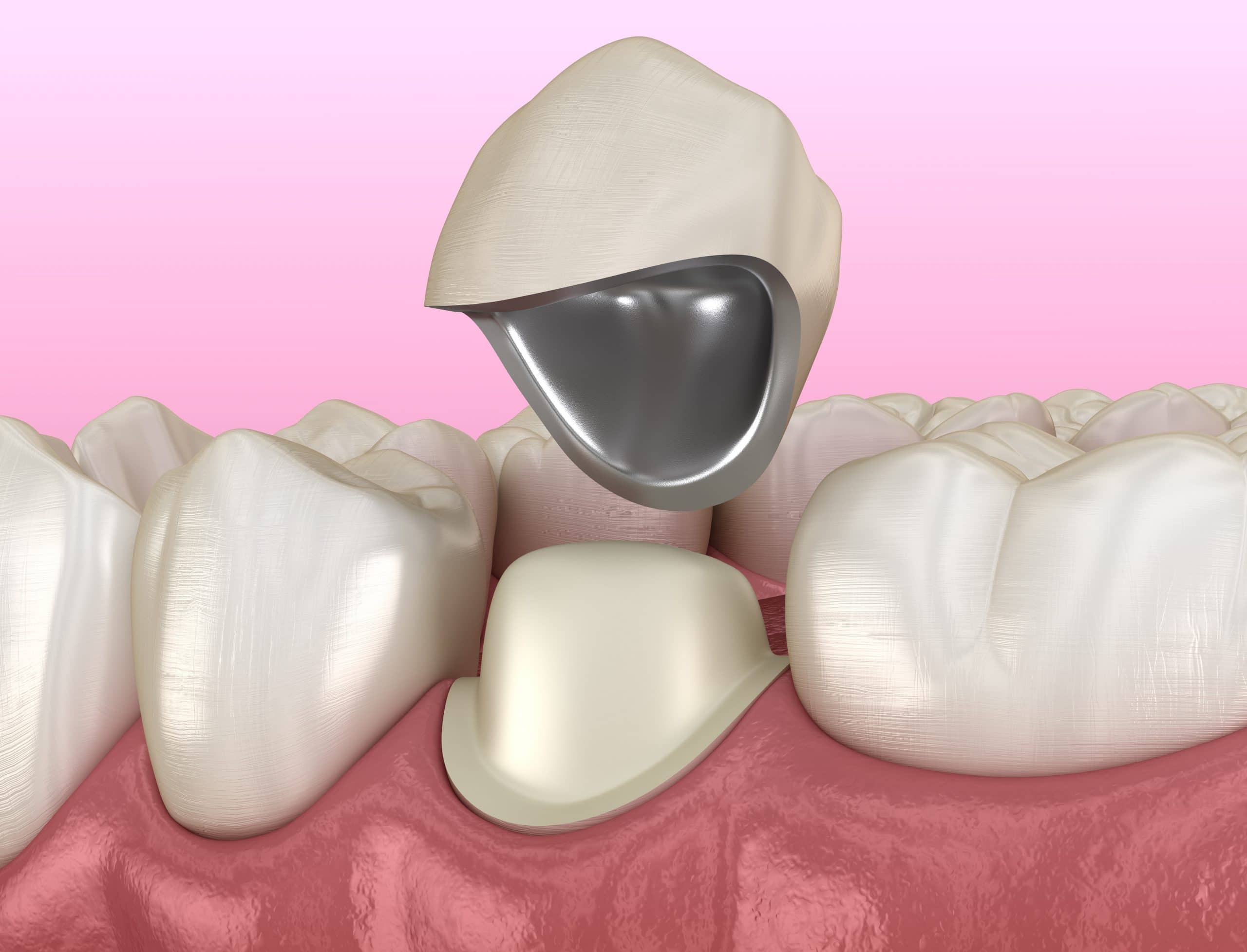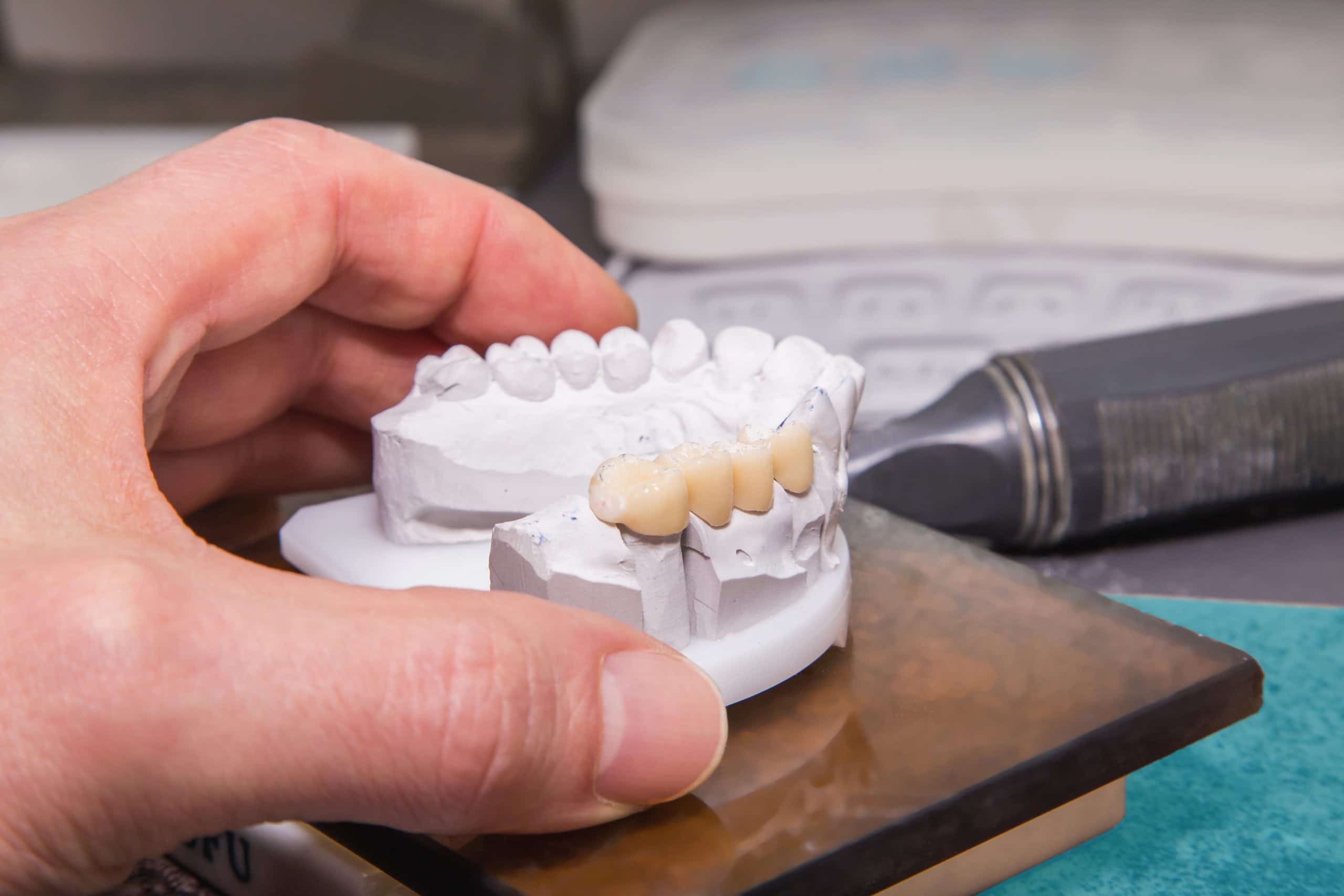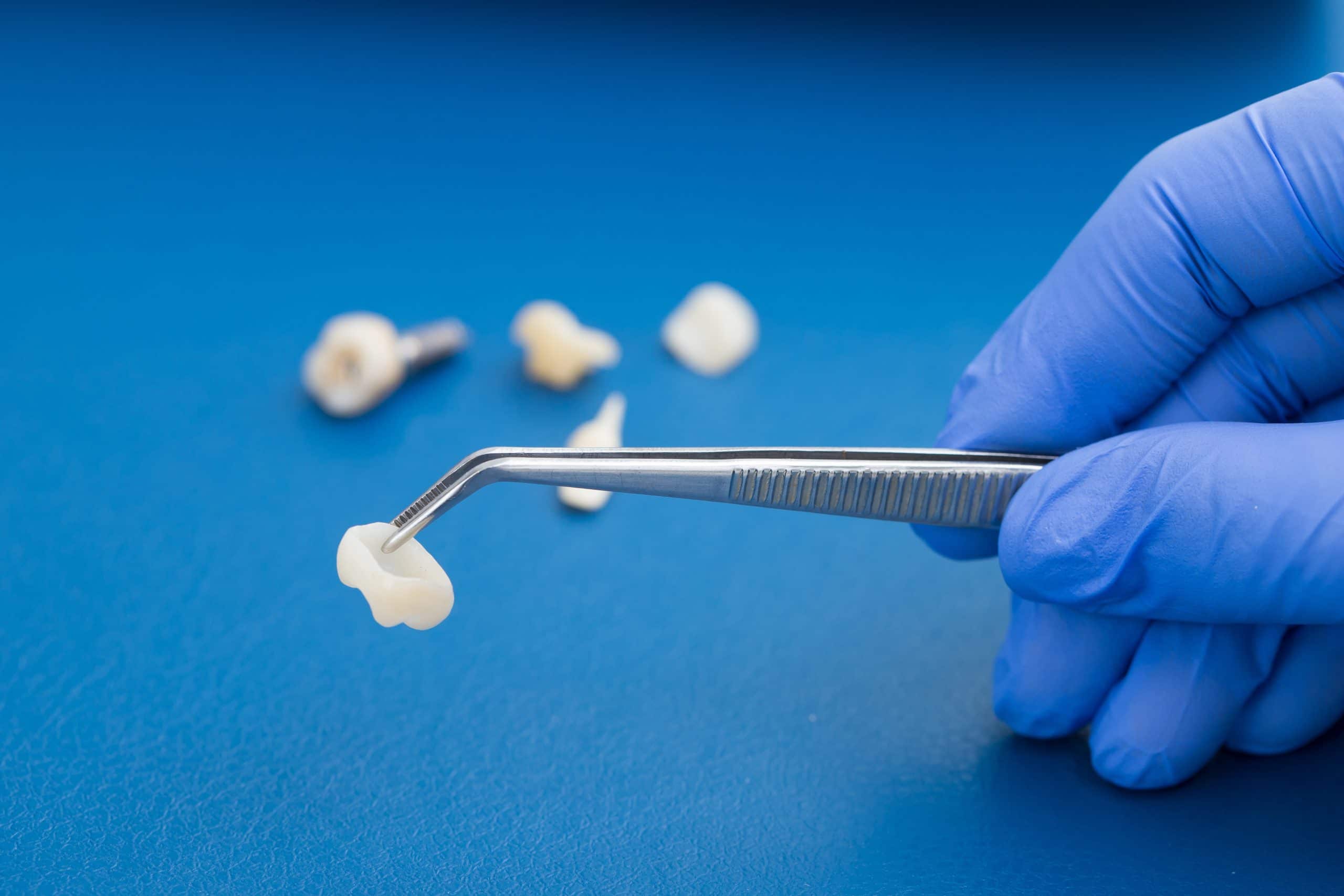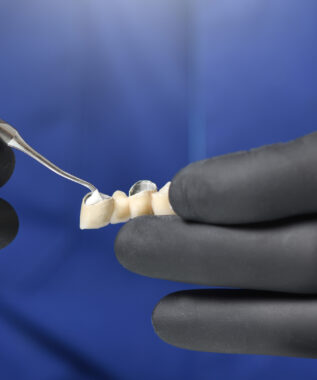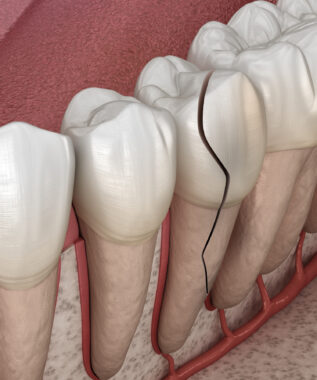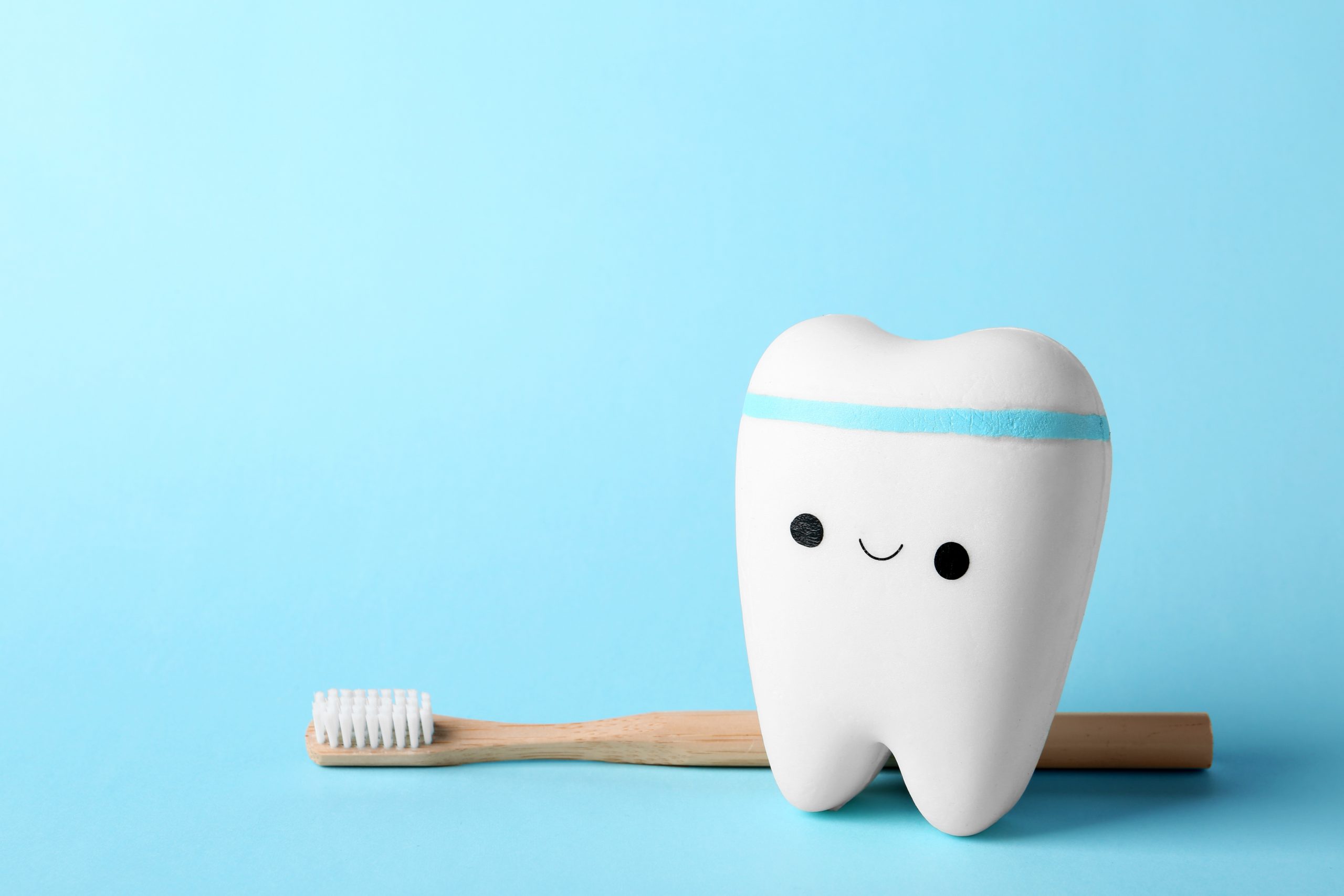
It goes without saying that noticeably major concerns such as a broken bone or dislodged tooth are circumstances in which people know to act with expediency to remedy. Other circumstances such as an aching tooth or mild discomfort, however, are concerns that most tend to wait out. Indeed, the common mindset is that if a… Read more »





